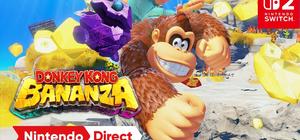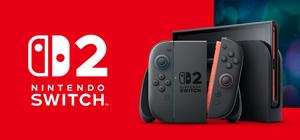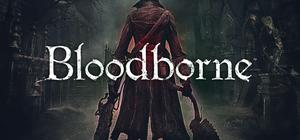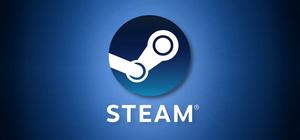The Unseen Champion: How the Switch 2 Is Poised to Win the Next Console War
Let's address the question head-on: Is the Nintendo Switch 2 already winning the next console war? On the surface, it’s a ridiculous question. The console hasn't even been fully revealed, existing only in official confirmations of its existence and a flurry of industry rumors. And yet, the strategy Nintendo is telegraphing is so potent, so fundamentally different from its competitors, that it feels like we’re watching the beginning of a checkmate.
While Sony and Microsoft are locked in a familiar arms race of teraflops and SSD speeds, Nintendo is preparing to fight on an entirely different battlefield-one where the battle may be over before the first unit is even sold.
The Slow Burn: Nintendo’s Calculated Silence
In an industry that thrives on spectacle, Nintendo’s approach to the Switch successor has been a masterclass in restraint. There has been no flashy reveal event, no CGI teaser trailer. Instead, we have a single, sober confirmation from Nintendo President Shuntaro Furukawa: the successor will be announced by the end of the fiscal year, March 31, 2025. That’s it.
This isn't weakness; it’s confidence. Nintendo knows it doesn’t need to shout to get our attention. With over 140 million Switch consoles sold, it already has a captive audience. The company is simply setting the table for what might be the most seamless generational transition in console history.
The Silver Bullet: Backward Compatibility as a Core Strategy
The single most important detail confirmed for the Switch 2 is its near-complete backward compatibility with the original Switch library. Frankly, this feature alone is a bigger strategic advantage than any custom GPU or processor. It’s Nintendo’s ace in the hole, and it fundamentally changes the rules of a console launch.
Traditionally, buying a new console at launch is a risky bet. You pay a premium for new hardware with a desert-dry library of games. Nintendo is sidestepping this problem entirely. On day one, every Switch 2 owner potentially has access to a library of thousands of titles, including modern classics like The Legend of Zelda: Tears of the Kingdom and Super Mario Odyssey. This applies to both physical cartridges and digital games tied to a user's Nintendo Account.
For over 140 million Switch owners, this isn't a new console launch that resets their library; it's a direct hardware upgrade. While Sony and Microsoft ask players to emigrate to a new platform, Nintendo is simply offering to renovate the house they already live in.
Launching with an Army: The Numbers and Rumors
Nintendo isn't just counting on loyalty; it's manufacturing momentum. The company is reportedly forecasting 15 million global sales of the Switch 2 in its first fiscal year. For context, the PlayStation 5-despite massive demand-sold around 7.8 million units in a similar timeframe, hampered by supply chain issues. Analysts project a launch that could move 6-8 million units, potentially eclipsing the debut of the PS5 and the original Switch.
A Price Point to Compete
Of course, this ambition will come at a cost. Rumors point to a $449.99 price tag. While a significant jump from the original Switch’s $299 launch price, it would be competitive with the current disc-based PS5 and Xbox Series X models. The key difference is the value proposition. For that price, you aren't just buying into a new generation; you're buying into an enhanced version of a proven and beloved ecosystem.
A Library of Speculation
While no official launch titles have been confirmed, the rumor mill is churning with logical predictions. The most frequently cited system-seller is a new Mario Kart, potentially titled Mario Kart World. We can also expect enhanced versions of existing blockbusters to showcase the new hardware's power. Imagine Breath of the Wild running at a smooth 60 FPS in 4K. These aren't just games; they are incentives for the massive existing player base to upgrade.
The Verdict: Winning a Different Game Entirely
So, is the Nintendo Switch 2 winning the console war? The question itself is flawed. Nintendo isn't fighting the same war as its rivals anymore. It abandoned the raw horsepower race years ago to create a unique hybrid system, a blue ocean strategy that paid off spectacularly.
Now, it's doubling down on that success. The Switch 2's strategy is not about a generational reset but a generational continuation. It’s building a bridge from its last continent of players to the next, ensuring no one’s investment-of time or money-is left behind. The primary challenges will be the higher price point and the growing competition from PC handhelds like the Steam Deck. However, Nintendo's powerful first-party IP and the seamless transition offered by backward compatibility provide a strategic advantage that is, for now, unrivaled. The war may not have started, but Nintendo has already defined the terms of victory. Source: https://www.vgchartz.com/





